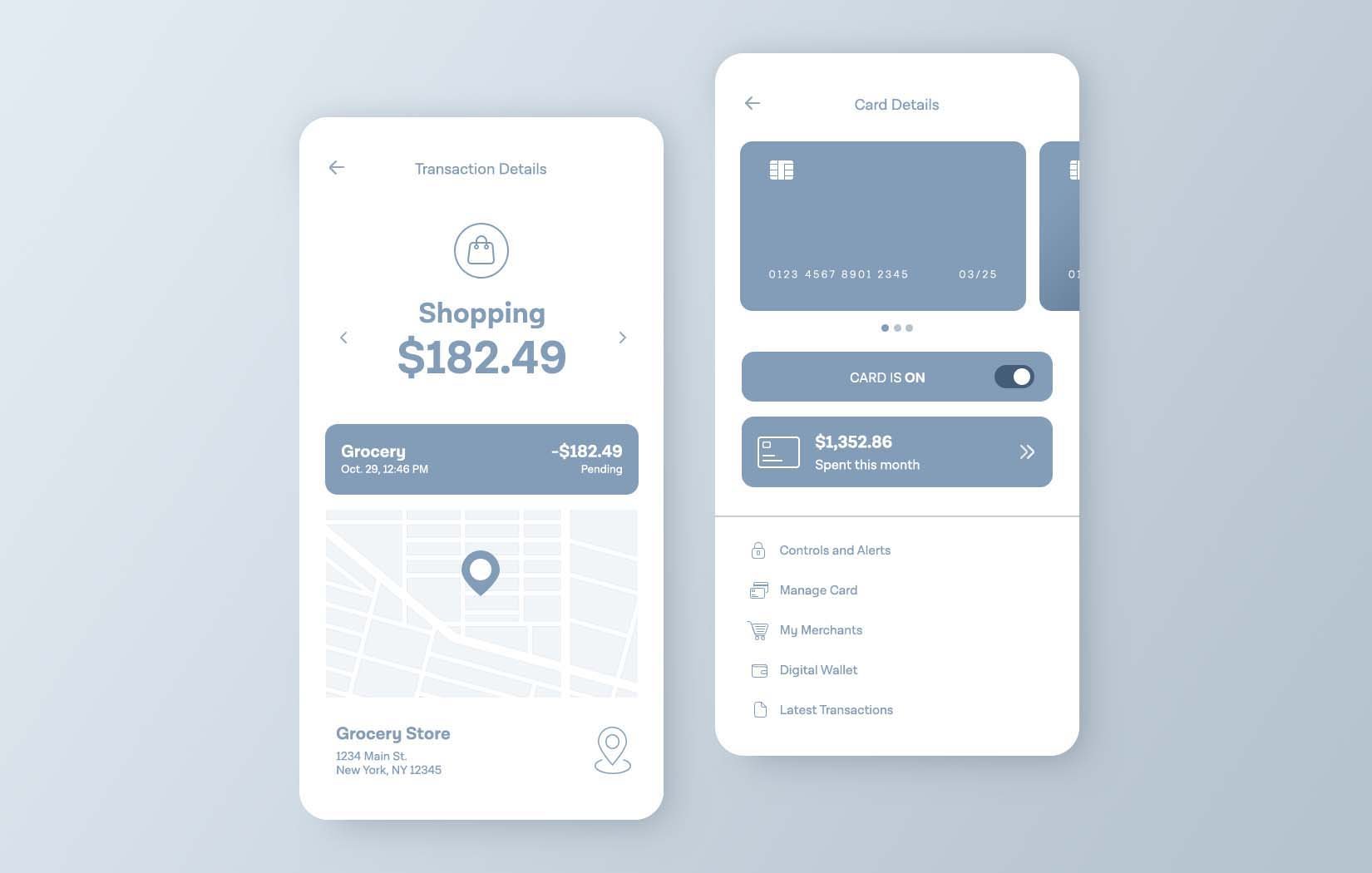
February is shaping up to be an excellent month to refinance a mortgage or snag an affordable monthly payment when buying a home.
The 30-year fixed-rate mortgage is at its lowest since Election Day 2016, and it’s likely to remain in the basement through February.
Mortgage rates were low when January began, and they steadily fell as the month wore on. The 30-year fixed-rate mortgage averaged 3.96% APR Jan. 2, and slipped to 3.75% APR Jan. 31, according to NerdWallet’s daily rate survey. That matches the average rate on Election Day — Nov. 8, 2016. The last time the 30-year fixed rate was lower was in the last week of October 2016.
If you can reduce your mortgage interest rate by three-quarters of a percentage point, or possibly by half a percentage point, you might benefit from refinancing, especially if you plan to keep the home for several more years. Working with a mortgage refinance calculator will help you calculate the estimated monthly and lifetime savings. It will also show your estimated break-even point, when the accumulated monthly savings surpass the refinancing fees.
January’s decline in mortgage rates coincided with the growing awareness of the threat of a new coronavirus that could spread from person to person, first identified in the Chinese city of Wuhan. On Jan. 6, the U.S. Centers for Disease Control and Prevention recommended avoiding all nonessential travel to China. On Jan. 10, the New York Times reported that someone in China had died from the viral infection. Jan. 10 is also the date when mortgage rates began to decline in earnest.
Mortgage rates fell from then through the end of the month because of concerns that the new coronavirus could potentially cause a pandemic that could disrupt global trade and slow the U.S. economy.
Neither a pandemic nor a significant disruption in global trade are sure things, knock on wood. If officials succeed in containing the virus and damping fears of its economic effects in February, then mortgage rates could stabilize or even rise.
The U.S. economy continues to grow, and economic growth tends to push interest rates upward. Mortgage rates are likely to rise when fear of the coronavirus dissipates, whether that happens in February or later. Until then, fear is a stronger factor than economic growth.
The bottom line is that mortgage rates are plumbing lows last seen in 2016, and for many homeowners, it’s a profitable time to refinance. And even if rates rise a bit, they’re still low by historical standards — boosting affordability for home buyers.
Nerdy tip: When mortgage rates are at their lowest in years, it’s a good idea to lock a mortgage rate when you’re satisfied with it. It’s possible that rates could fall further, but it’s equally possible that they could rise.
What are the current mortgage rates today?
On Tuesday, Feb. 4, 2020, the average rate on a 30-year fixed-rate mortgage jumped 10 basis points to 3.84%, the average rate on the 15-year fixed mortgage went up two basis points to 3.37% and the average rate on the 5/1 ARM slipped one basis point to 4.02%, according to a NerdWallet survey of mortgage rates published daily by national lenders. A basis point is one one-hundredth of one percent. Rates are expressed as annual percentage rate, or APR. The average rate on the 30-year fixed is five basis points higher than one week ago.
Mortgage rates this week
Rates continued the downward slide that began Jan. 10, albeit at a slower pace. The 30-year fixed averaged 3.77% APR this week, compared with 3.84% the previous week.
The Federal Reserve’s rate-setting committee met Jan. 28 and 29 and quietly left short-term rates alone, to no one’s surprise. The Fed described job gains as “solid,” but exports as “weak,” and said “the current stance of monetary policy is appropriate to support sustained expansion of economic activity, strong labor market conditions, and inflation returning to the Committee’s symmetric 2 percent objective.”
The economic calendar is light in the first half of February. As far as affecting mortgage rates, the highlight will be the January employment report, scheduled for the morning of Feb. 7. Even a better-than-expected jobs report is unlikely to send mortgage rates notably higher as long as fear of the coronavirus keeps investors on high alert.
Author: Holden Lewis
© Copyright 2020 NerdWallet, Inc. All Rights Reserved

This article was produced and provided by Nerdwallet. Nerdwallet gives consumers and small businesses clarity around all of life’s financial decisions. When it comes to credit cards, bank accounts, mortgages, loans or other expenses, consumers make almost all their decisions in the dark. NerdWallet is changing that, helping guide consumers' decisions with free expert content.


-1.png)


.png)








